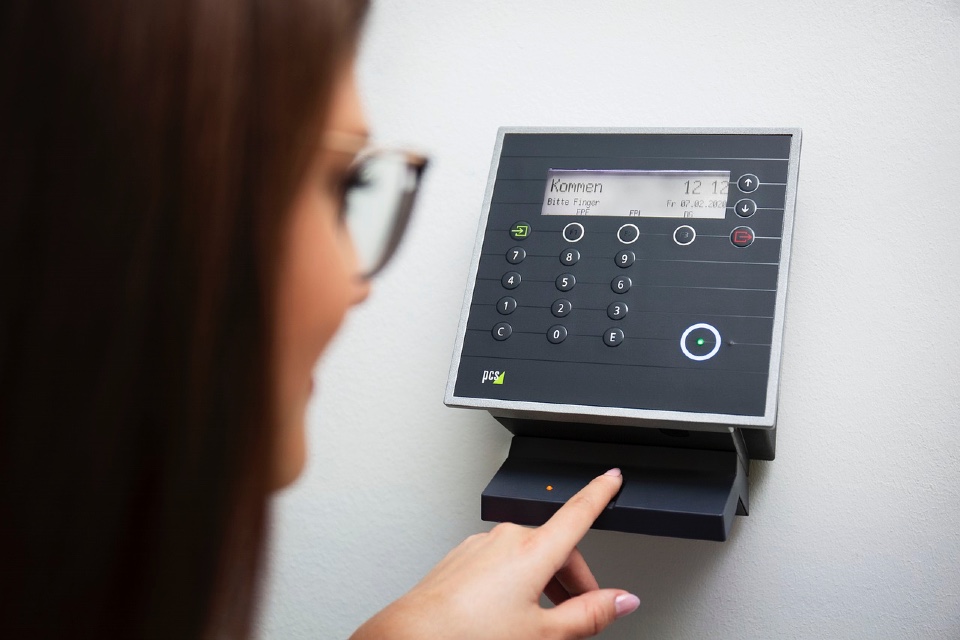Biometric security is becoming an essential part of modern access control systems. By using unique physical characteristics such as fingerprints, facial recognition, or iris scans, biometric systems offer a higher level of security. Here are key considerations when sourcing specialist biometric security suppliers for your business…
1. Understanding Your Security Needs: Determine the specific security needs of your business, including the level of security required and the areas where biometric solutions will be applied. A clear understanding of requirements helps in selecting the appropriate biometric technology.
2. Technology and Integration: Examine the technology used by the supplier and how it integrates with existing security infrastructure. Compatibility with existing systems ensures a smooth transition and continued functionality.
3. Supplier Expertise and Experience: Evaluate the supplier’s experience in implementing biometric solutions in businesses similar to yours. An experienced supplier will provide insights and tailor solutions to meet your specific needs.
4. Compliance with Regulations: Biometric data collection must comply with legal and privacy regulations in the UK, including the General Data Protection Regulation (GDPR). Verify that the supplier understands and adheres to these legal requirements.
5. Accuracy and Reliability: Assess the accuracy and reliability of the biometric technology provided by the supplier. False positives or negatives can compromise security; thus, the system’s precision is crucial.
6. Security of Biometric Data: Check how the supplier handles the security of biometric data. Stored data must be encrypted and protected against unauthorized access, ensuring the integrity of sensitive information.
7. Scalability: Consider the scalability of the biometric solution. If your business plans to expand, the chosen solution should be adaptable to accommodate growth without significant additional investment.
8. User Experience: User-friendliness is vital for the acceptance and success of the system. Evaluate how intuitive and convenient the system is for employees and other users.
9. Support and Maintenance: Examine the supplier’s support and maintenance services. Regular updates, troubleshooting, and ongoing support are essential for the system’s optimal functionality.
10. Cost Considerations: Determine the overall cost of the solution, including hardware, software, implementation, and ongoing maintenance. Balancing quality and budget constraints is crucial for a sustainable solution.
11. Sustainability and Ethical Considerations: If sustainability and ethical practices are a priority, check if the supplier adheres to environmental guidelines and follows responsible sourcing practices.
12. Trial or Demonstration: Ask for a trial or demonstration of the biometric system. This hands-on experience will provide valuable insights into how the system works and its suitability for your business.
Sourcing a specialist biometric security supplier requires careful evaluation of various factors. From understanding your security needs to assessing technology, compliance, accuracy, data security, scalability, user experience, support, cost, sustainability, and trial availability, a thorough examination ensures the right fit for your business.
Partnering with a supplier that aligns with your needs enhances the overall security posture of your organisation, providing a robust defense against unauthorised access. In an age where security breaches are increasingly common, investing in a quality biometric system is a strategic move to protect your business assets and reputation.
Are you investigating biometric solution for your business? The Total Security Summit can help!
Image by Gerd Altmann from Pixabay





